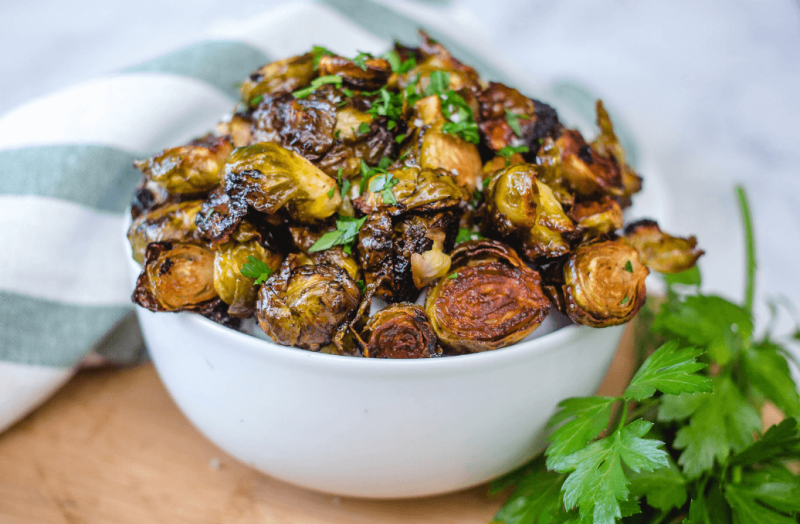Indeed, it’s not just in your imagination that the Brussels sprouts you ate in your adolescence were, uh, potent, to say the least. In fact, although you may have been attributing it to your mother’s mediocre cooking skills or your maturing palate that has developed with age (hello, newfound love for black olives), it’s likely not the case at all. Rather, innovations in science can be thanked for the more palatable Brussels sprouts we know and love today.
Follow the latest news and policy debates on sustainable agriculture, biomedicine, and other ‘disruptive’ innovations. Subscribe to our newsletter.
Rants and Rocks goes on to point out that by the 2010s, the once nearly impossible-to-eat bitter sprouts were no longer to be found, otherwise known as an effective use of genetically modified organisms (GMOs).































